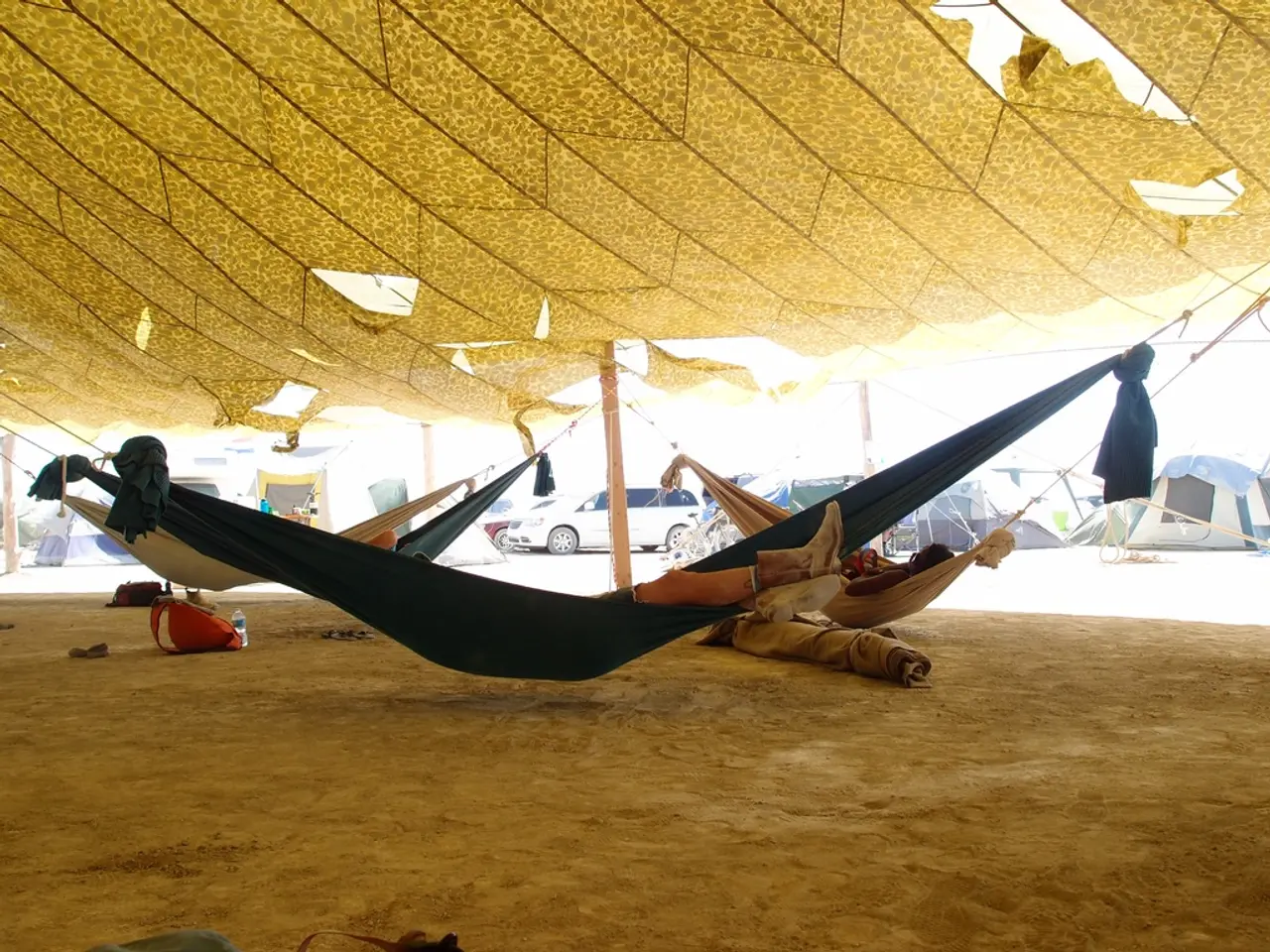Advantages of Outdoor Exercise in Maintaining Sleep Patterns
The benefits of incorporating outdoor activities into daily routines extend beyond physical fitness and mental well-being. A growing body of evidence suggests that these activities play a crucial role in sleep optimization and the regulation of circadian rhythms.
Natural light exposure, particularly in the morning, is key to synchronizing the circadian rhythm with the day-night cycle. This synchronization leads to better sleep quality, including higher sleep efficiency, fewer awakenings, deeper sleep, and faster sleep onset. Morning light exposure also promotes an earlier and more regular sleep schedule, reduces daytime drowsiness, and improves concentration and well-being throughout the day.
On the other hand, a lack of daylight exposure can disrupt this synchronization, leading to delayed circadian rhythms, worse sleep quality, shorter sleep duration, increased daytime sleepiness, fatigue, and mental health issues like depression and anxiety.
Outdoor physical activity further enhances sleep by increasing the body's demand for restorative sleep. Regular exercise, ideally done earlier in the day, helps you fall asleep faster, increases deep sleep phases (the most restorative stage), and improves overall sleep quality. However, intense exercise close to bedtime may elevate core body temperature and delay sleep onset, so timing matters.
Experts in the field of sleep medicine consistently emphasize the profound benefits that outdoor activities offer in optimizing sleep-wake cycles. Understanding these cycles is essential for optimal rest and well-being, as they govern natural patterns of alertness and tiredness throughout the day.
Regular exercise helps individuals fall asleep faster and experience deeper sleep cycles, promoting better sleep overall. Activities like hiking, cycling, or even simply spending time in green spaces aid in reducing stress levels, thereby facilitating a smoother transition to restful sleep.
Engaging in outdoor activities like walking, gardening, or outdoor sports can reinforce circadian rhythm, leading to improved sleep patterns over time. Physical exertion from these activities can promote relaxation and reduce stress levels, contributing to a more restful and rejuvenating sleep experience.
In summary, spending time outdoors combines the benefits of natural light exposure to entrain circadian rhythms and physical activity to improve sleep homeostasis, optimizing sleep quality, duration, and daytime alertness while reducing fatigue and mood disturbances. A practical recommendation is to take daily morning walks or engage in outdoor exercise routines to maintain healthy circadian synchronization and sleep patterns. By leveraging the benefits of nature, experts aim to instill in individuals the importance of a balanced lifestyle that prioritizes outdoor activities for optimal sleep regulation.
Science suggests that participating in outdoor activities contributes to health-and-wellness by improving sleep quality through natural light exposure and physical exercise. Furthermore, engaging in physical fitness-and-exercise, such as walking or cycling, can help regulate circadian rhythms, reinforce sleep patterns, and promote deep sleep, leading to a healthier lifestyle overall.





